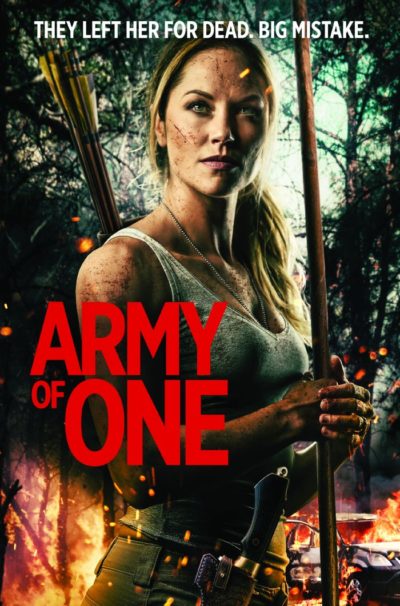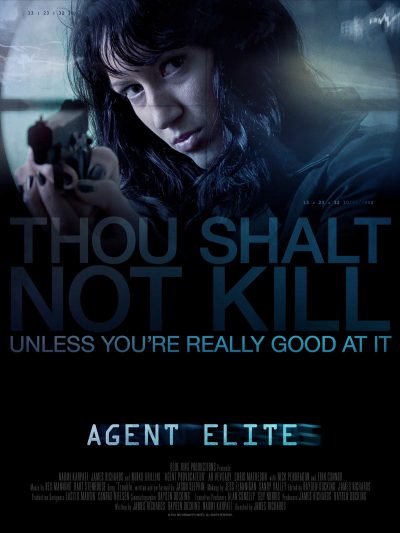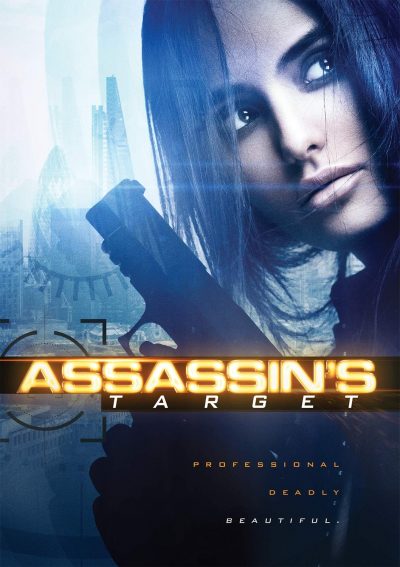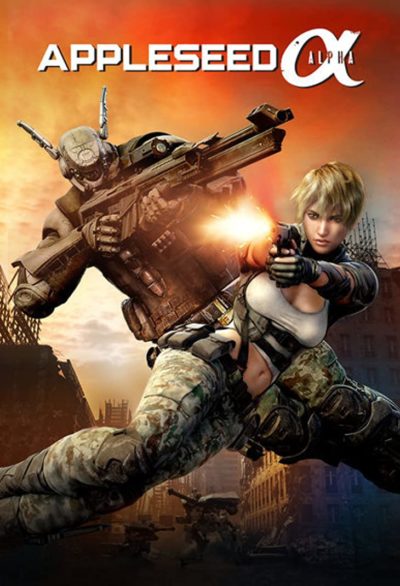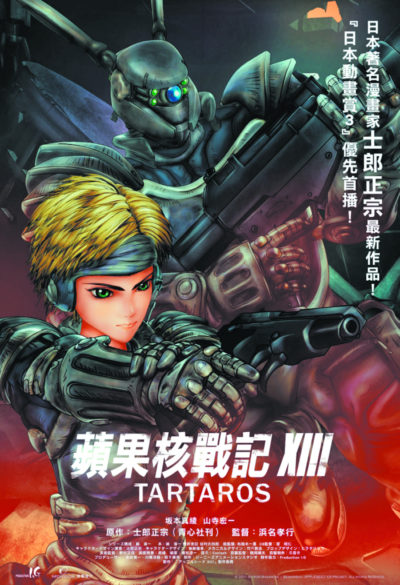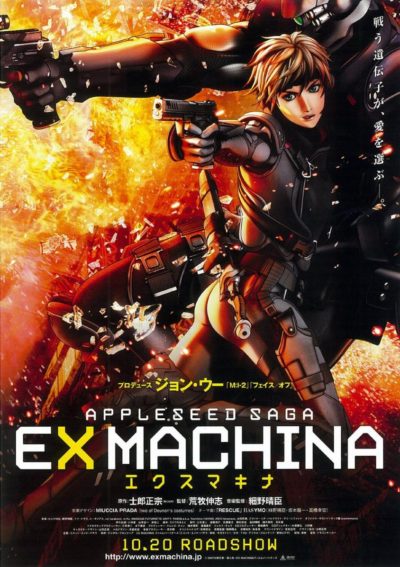★★
“Getting away from it all.”
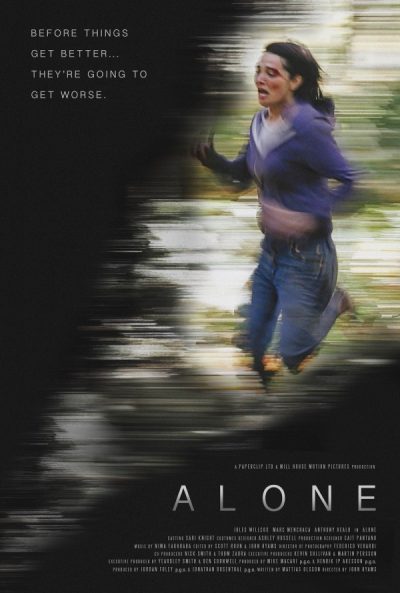 Jessica (Willcox) is making a break from her new life, packing up her possessions and driving away from her home and family in the big city. However, it’s not long before her journey through the countryside begins to hit bumps in the road. Specifically, in the shape of another driver (Menchaca), whose actions against Jessica veer between the aggressively hostile and the creepily over-friendly. The two encounter each other on a number of occasions, the incidents escalating until he finally drugs and kidnaps her. She wakes to find herself locked in the basement of a remote cabin, and needs to find a way to avoid a fate which, it appears, others before her have suffered.
Jessica (Willcox) is making a break from her new life, packing up her possessions and driving away from her home and family in the big city. However, it’s not long before her journey through the countryside begins to hit bumps in the road. Specifically, in the shape of another driver (Menchaca), whose actions against Jessica veer between the aggressively hostile and the creepily over-friendly. The two encounter each other on a number of occasions, the incidents escalating until he finally drugs and kidnaps her. She wakes to find herself locked in the basement of a remote cabin, and needs to find a way to avoid a fate which, it appears, others before her have suffered.
A remake of Swedish film Gone, the major failing here is not enough happening to sustain the running time. The story needs to spend significantly less time on the build-up; for example, by cutting out the background stuff about exactly what it is, that Jessica is escaping from. We are given no reason to care, and it has little or no relevance to the movie’s central conflict. Similarly, there are likely too many encounters between her and him, before he finally abducts her. We get the picture after virtually the first one – and I have to say, the sensible thing for anyone to do thereafter, would have been to reject any further attempts, rather than engage in additional contact.
Of course, logic and common sense tend to be anathema to this genre, though there are times here where Jessica does behave credibly. For instance, her method of getting out of the basement is genuinely smart. I also liked the scene where, after her escape, she finds a hunter in the woods – only for the man to show up, and claim she’s his mentally-ill sister (an idea made plausible by her understandably hysterical reaction). But for every one of these positives, there are two negatives, such as her getting hold of his phone and calling… his wife, to let her know she’s married to a predator. While I admire the spirit of sisterhood there, I’d have suggested self-preservation might have been a better use of those cellphone minutes.
Eventually, we get to a finale, which has some more credibility speed-humps. Firstly, the coincidence that, in this gigantic forest, he buries a body right next to where she is hiding. And secondly, that when someone attacks you from the back seat of your car, you will immediately accelerate away which simultaneously fighting them, driving at top speed down a narrow forest track until the inevitable accident. Okay… This does lead to a half-decent brawl between them, on the scorched earth of a patch of cleared forest, with the crash having acted as a nice equalizer (despite the apparent lack of seat-belts!). It is, however, very much the definition of “too little, too late”, and can’t rescue this from the multiple missteps which have preceded it.
Dir: John Hyams
Star: Jules Willcox, Marc Menchaca, Anthony Heald





